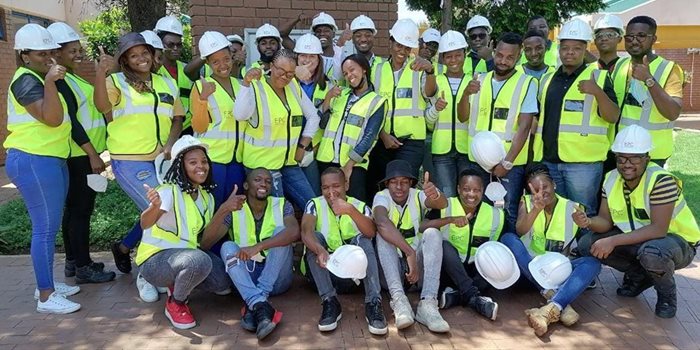
Owners of buildings, in four categories, are required in terms of government regulations published in December 2020 to obtain and prominently display an EPC by 7 December this year. The regulations make provision for a fine of R5m or five years' imprisonment or both for failure to comply.
The buildings covered by these regulations are office buildings, buildings accommodating entertainment facilities, educational institution buildings, and places of public assembly such as sporting facilities and community centres. An accurate figure of the number of buildings covered by the regulations is not available but Sanedi says estimates vary between 150,000 and 250,000. Public buildings with a net floor area of 1,000m2 or more and privately owned buildings of 2,000m2 or more of the above listed areas are expected to comply with this government regulation.
EPCs are issued by companies accredited by the South African National Accreditation System (Sanas) but many more energy companies employing many thousands of people with EPC skills will be required to obtain energy usage data on the tens of thousands of buildings covered by these regulations.

The 50 young, qualified electricians who will soon start the three-month EPC Practitioner Skills Programme are the first of what will hopefully become a growing cohort of artisans with special skills in energy efficiency. They will be trained to assemble all the critical energy usage data required by the Sanas-accredited companies to rate buildings. The course combines theoretical and practical training in which mentors play a prominent role. Each trainee will receive a R15,000 stipend payment for the three-month programme.
In addition to creating jobs in the new EPC sector, the experience gained by qualified EPC practitioners will open opportunities for them to become involved in other aspects of the energy efficiency of buildings, such as the planning and installation of energy-efficient products, equipment, and devices. Electrical contracting and energy services companies that want to add to their range of services by undertaking EPC work could also open work opportunities for EPC practitioners.
For more information on the EPC Practitioner Skills Programme, contact the Institute for Energy Professionals Africa.